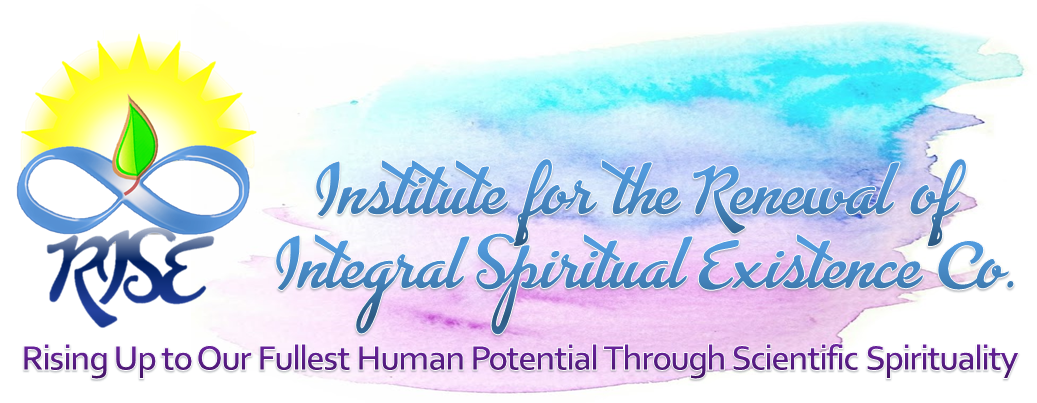Filipinos are still one of the happiest people in the world, according to a 2018 study. Despite all the personal tragedies we experience, we know that everything gets better with a smile and a laugh. But what exactly is happiness and why is it important? Through research in social genomics, this article published by the New Yorker in 2016 may have finally discovered that happiness isn’t what we thought it was.
Some Important Highlights
- The search for happiness is as old as time, but for almost half a millennium, we have been trying to understand what it truly means.
- There are two points of view regarding what happiness is: hedonism and eudaemonia.
- Hedonism refers to the pursuit of sensual pleasure. It is often marked by feelings of contentment and joy.
- Eudaemonic happiness was first proposed by Aristotle in his Nicomachean Ethics. He described happiness as more than a feeling, but rather a practice.
It’s living in a way that fulfills our purpose…Stop hoping for happiness tomorrow. Happiness is being engaged in the process.
Helen Morales, classicist at the University of California, Santa Barbara
- Both hedonistic and eudaemonic happiness are linked to longevity and various beneficial benefits in a person’s well-being.
- When a person is lonely, their bodies switch to a defensive state. This response enabled them to help immune cells fight infection and wounds to heal, but it takes a toll on the human being. Though loneliness allows a person to survive in the short term, their long-term health is affected.
Inflammation promotes the growth of cancer cells and the development of plaque in arteries. It leads to the disabling of brain cells, which raises susceptibility to neurodegenerative diseases.
Steve Cole, professor of Medicine at the University of California, Los Angeles
- Barbara Frederickson and Steve Cole began to collaborate in 2010, hoping to answer this question: “If stressful states, including loneliness, caused the genome to respond in a damaging way, might sustained positive experiences have the opposite result?”
- Frederickson believed that hedonism would prove to be more powerful than eudaemonia in registering a positive response in the human genome.
- Cole’s data showed that the hedonistic stuff – how happy you are, how satisfied you are with life – did not correlate with gene expression at all.
- Instead, those who were experiencing eudaemonic happiness were more likely to show an opposite gene profile of those suffering from loneliness.
- The research has been repeated many times, with the number of participants increasing. Results show that the lack of eudaemonia proved to be as damaging as smoking or obesity.
- Results show that those who experience eudaemonic happiness also engage in hedonistic stuff, but the associated health benefits of happiness only manifest in individuals who lead what Aristotle called “the good life”.
- Eudaemonia is not just about goodness, but also about excellence. A key facet of it is connection.
For Usain Bolt, some of the training it takes to be a great athlete is not pleasurable, but fulfilling your purpose as a great runner brings happiness.”
Helen Morales
- Research by Brian Little shows that all individuals have their personal projects.
- Little discovered that in order for these personal projects to bring happiness, those he calls “core projects”, must meet two conditions: they must be meaningful in some way, and one must be capable of completing it. (An example of core projects includes high-impact initiatives such as bringing peace and healing to a war-stricken area.)
- Though core projects may lead to greater social connection, but are not the precondition of happiness.
Why It Matters
From the research mentioned in the article, it seems that achieving happiness is so much easier than we previously thought. It provides us with a scientific understanding of the saying, “Money doesn’t buy happiness”. We don’t need to break our backs working hard to purchase our own cars, or homes, in order to achieve happiness. But perhaps you already know that.
What makes this article special is that it tells us that being happy is important, and that to be happy, you MUST do something that is meaningful. If you feel stuck and unhappy with your life right now, this article provides you with a solution. The question is not what can bring happiness back. Rather, the question you should be answering is: what are you going to do about it now?
Read Original Article
Read Online
Click the button below if you wish to read the article on the website where it was originally published.





